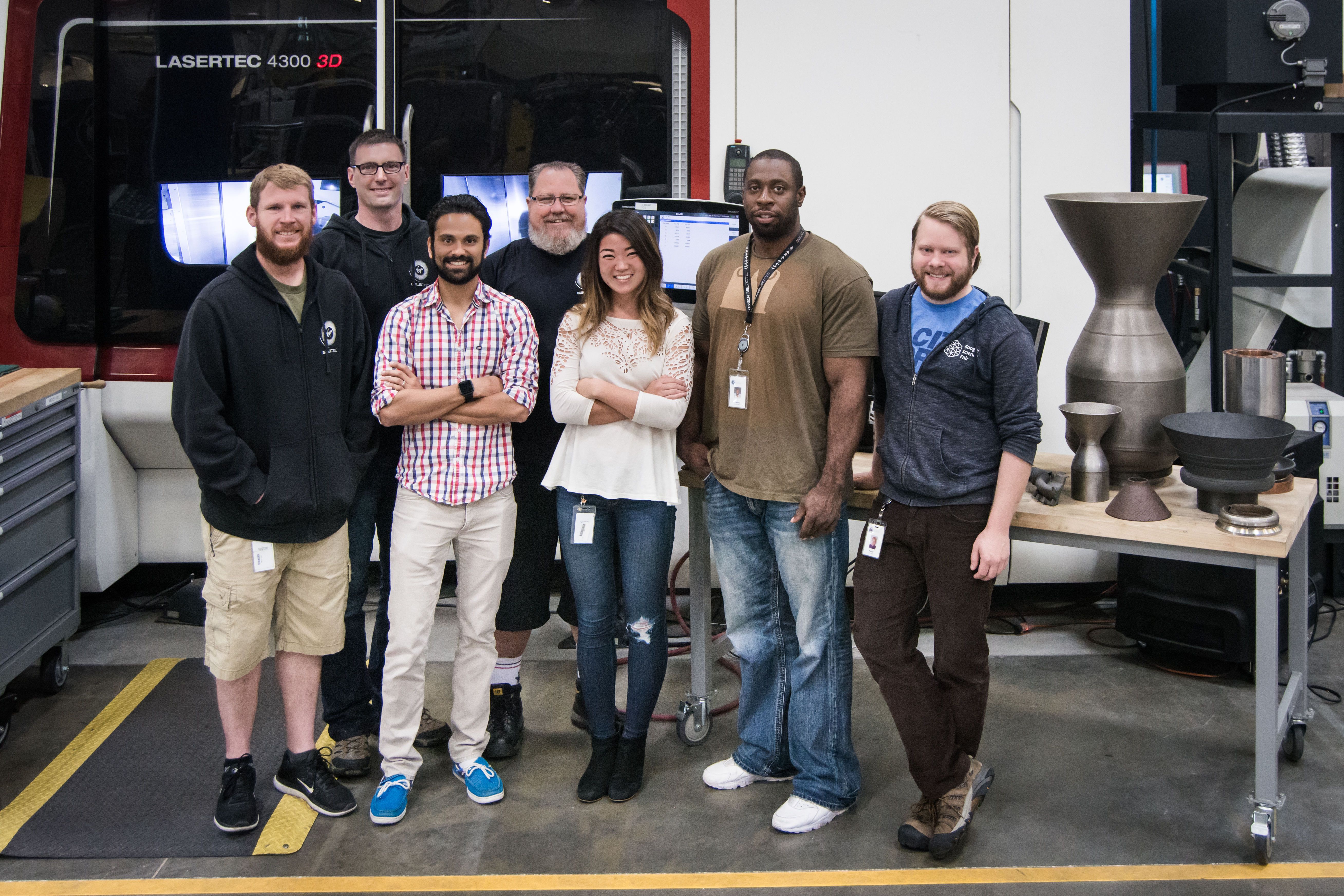It’ll be much cheaper to provide rural areas with high-speed internet.



Elon Musk’s SpaceX plans to start launching satellites into orbit in 2019 to provide high-speed internet to Earth.
In November, the company outlined plans to put 4,425 satellites into space in a Federal Communications Commission (FCC) filing. But the document gave little detail on the timeline.
However on Wednesday, Patricia Cooper, SpaceX’s vice president of satellite government affairs, said later this year, the company will start testing the satellites themselves, launch one prototype before the end of the year and another during the “early months“ of 2018. Following that, SpaceX will begin its satellite launch campaign in 2019.

One of my essays is in this excellent new book. Also, many other writers I like are in here. Grab a copy: https://www.amazon.com/dp/B06XB4CT95?tag=lifeboatfound-20?tag=lifeboatfound-20 #transhumanism
How different will the future be from today? As different as we can imagine, and possibly stranger and more wonderful than we ever HAVE imagined. The key is turning our visions for the future into the future itself. And that begins with articulating our visions.
In this collection of essays compiled by the hosts of the popular internet radio series, The World Transformed, world-leading futurists, scientists, authors, artists and others share their visions for changes that are on their way, or that we can bring about, that will transform our world forever. Contributors include Ramez Naam, Brian Wang, PJ Manney, John Smart, J. Storrs Hall, Aubrey de Grey, James Hughes, Jim Elvidge, Alvis Brigis, David Brin, Dave Gobel, Paul Fernhout, Ben Goertzel, Getnet Aseffa, Zheng Cui, Wayne Radinsky, Giulio Prisco, Colin McInnes, Erika Lives, Will Brown, Yiqing Liang, Cosmo Harrigan, Tudor Boloni, Khannea Suntzu, Belle Black, Anyazelie M.

Alibaba Chairman Jack Ma warned on Monday that society could see decades of pain thanks to disruption caused by the internet and new technologies to different areas of the economy.
In a speech at a China Entrepreneur Club event, the billionaire urged governments to bring in education reform and outlined how humans need to work with machines.
“In the coming 30 years, the world’s pain will be much more than happiness, because there are many more problems that we have come across,” Ma said in Chinese, speaking about potential job disruptions caused by technology.

AIMS contributes to this by having created a network across the continent via its various centres in South Africa (initially founded in Cape Town in 2003), Senegal, Ghana, Cameroon, Tanzania, and now Rwanda. It not only educates but it also actively promotes mathematics and science in Africa in various effective ways, some of which we will cover below. It is essentially creating a pool of excellent African mathematicians and scientists who will (in turn) apply solutions to our continent’s challenges. Yes, many of them actually stay here.
AIMS’ new centre in Rwanda offers a model many of our organisations, and many entrepreneurs, can follow. It’s an exciting endeavour creating a quantum leap for the continent. But it should also make us ask hard questions about what we deem important and what we talk about.
As soon as I touched down at Kigali International Airport, Rwanda, I could feel something phenomenal was in the air. Perhaps it was because people kept telling me that Kigali is a true African city, or perhaps it was the sheer amount of beauty of Rwanda — an African nation with its own, unique African identity — or perhaps it was the amazing innovation and technology I encountered from touchdown (free Wi-Fi on the bus, MTN tap-and-go payments, and more) right to where I was going: The African Institute of Mathematical Sciences (AIMS).
After having received an invite to attend the launch of the new AIMS in Rwanda, I was pretty excited, and I must say it is truly impressive. And best of all, it’s truly Pan-African. It inspired me in ways I didn’t imagine, but also made me ask some hard questions of what it is we prioritise in our media conversations. I left asking: why on earth are we not talking more about this sort of thing?
Hyper-connectivity has changed the way we communicate, wait, and productively use our time. Even in a world of 5G wireless and “instant” messaging, there are countless moments throughout the day when we’re waiting for messages, texts, and Snapchats to refresh. But our frustrations with waiting a few extra seconds for our emails to push through doesn’t mean we have to simply stand by.
To help us make the most of these “micro-moments,” researchers from MIT’s Computer Science and Artificial Intelligence Laboratory (CSAIL) have developed a series of apps called “WaitSuite” that test you on vocabulary words during idle moments, like when you’re waiting for an instant message or for your phone to connect to WiFi.
Building on micro-learning apps like Duolingo, WaitSuite aims to leverage moments when a person wouldn’t otherwise be doing anything — a practice that its developers call “wait-learning.”

Bandages which can detect how a wound is healing and send messages back to doctors could be trialled within the next 12 months, scientists have said.
The bandages would use real-time 5G technology to monitor what treatment is needed and also keep track of a patient’s activity levels.
The work is being led by Swansea University’s Institute of Life Science.
I’ve been reading about Gcam, the Google X project that was first sparked by the need for a tiny camera to fit inside Google Glass, before evolving to power the world-beating camera of the Google Pixel. Gcam embodies an atypical approach to photography in seeking to find software solutions for what have traditionally been hardware problems. Well, others have tried, but those have always seemed like inchoate gimmicks, so I guess the unprecedented thing about Gcam is that it actually works. But the most exciting thing is what it portends.
I think we’ll one day be able to capture images without any photographic equipment at all.
Now I know this sounds preposterous, but I don’t think it’s any more so than the internet or human flight might have once seemed. Let’s consider what happens when we tap the shutter button on our cameraphones: light information is collected and focused by a lens onto a digital sensor, which converts the photons it receives into data that the phone can understand, and the phone then converts that into an image on its display. So we’re really just feeding information into a computer.

In aerospace, parts are complicated, and manufacturing them can be very expensive and time consuming. When rocket engine parts can take up to a year to make, it is very difficult to start a new rocket company and for aerospace companies to be cost effective, innovative and nimble.
These barriers to entry are why you don’t see many start-up space companies and why the industry has relied on the same basic engine designs as those built during the Apollo program.
3D printing is changing all that. At Virgin Orbit, we are building a rocket system that will send small satellites into orbit. We aim to open access to space for small satellites to improve life on earth through services such as internet connectivity to the under connected and data for planning, production, disaster mitigation etc.
Ray Kurzweil is probably the most qualified individual to talk about the future of technology. He does it at CeBIT in a captivating presentation about technologies that will be as important as the internet. Ray is an Inventor, Entrepreneur, Futurist, Writer, founder of the Singularity University and now at Google. (Intro is temporally missing). March 2017.